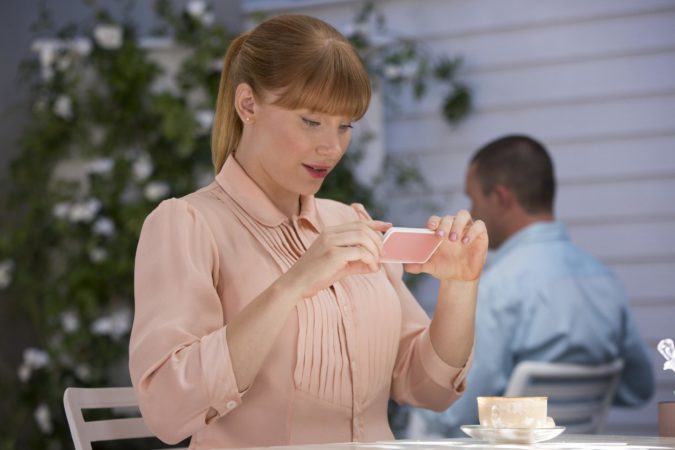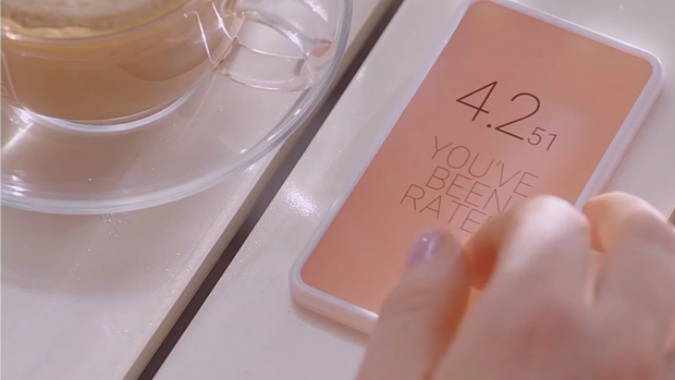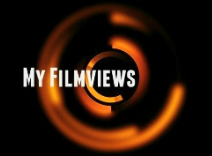
Online we all will present ourselves slightly different from the way we really are. We won’t quickly share our negative side or bad quality pictures of ourselves. Reactions on posts others have written on social media will generally be very enthusiastic. But what would the world look like if you’d really live your online persona, where everything is perfect and you will constantly have to hide all your frustration and negative feelings? And what if you would should it and everyone around you would turn into a reviewer and give you stars based on that? That more or less is the idea behind the first episode of season 3 of Black Mirror.

In Nosedive Lacie Pound (Bryce Dallas Howard) is someone to live for her score, which has become an important thing in society. She has a 4.2 on a 5-point scale and lives together with her brother (who doesn’t care about his score). She likes to move out and has an eye on a beautiful house. The problem is that she isn’t able to get the house because she at least has to be a 4.5. In order to reach that even more quickly she does anything she can to reach it and is thrilled to hear when an old friend of hers with a score of 4.8, Naomi (Alice Eve), invites her to her wedding as a witness. If she is able to nail that she would easily bump up her score. But this wouldn’t be Black Mirror if something, as the title already suggests, goes wrong.
The concept of the episode is something recognisable as we all know people who are obsessed by their “status” on social media and who live to see how many likes and followers they have. If that’s one of your most important goals in life you might lose track of everything else and this is also the case with Lacie. Because of that she no longer responds based on her feelings, but optimises everything to reach that 4,5, which is something purely based on an arbitrary system made up by someone. The result is that she loses part of her humanity, because she doesn’t really care about others, she only pretends to in order to get a better score. Nosedive is a strong opening of a new season of Black Mirror and proves that Netflix has given Charlie Brooker complete freedom to further explore our dependency and relationship with technology.


![]()
